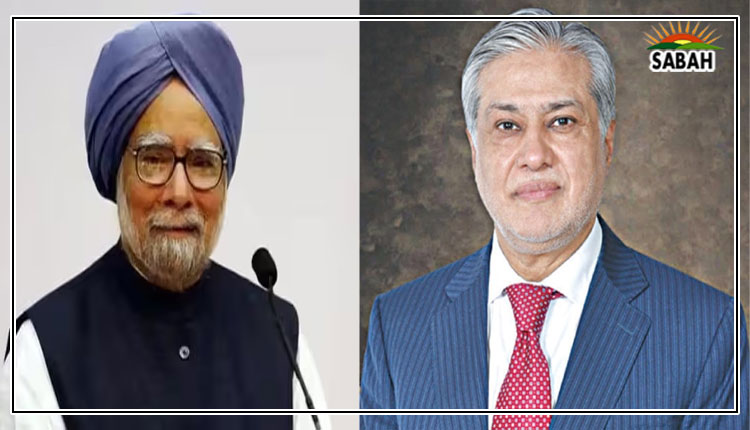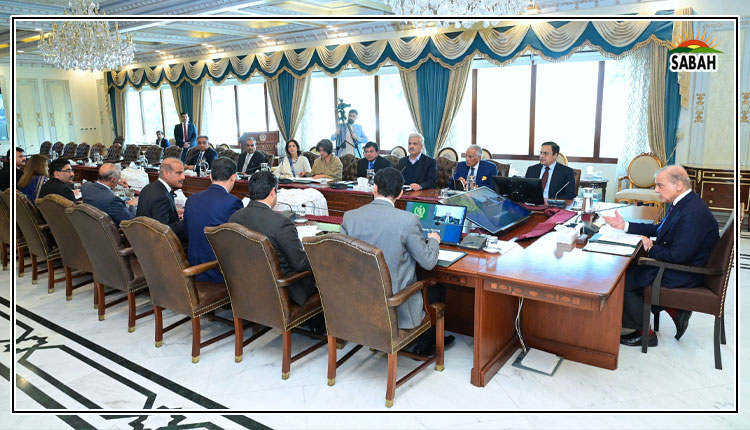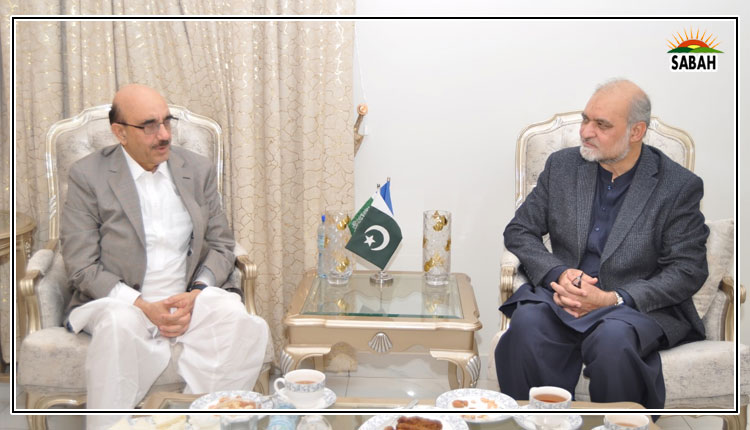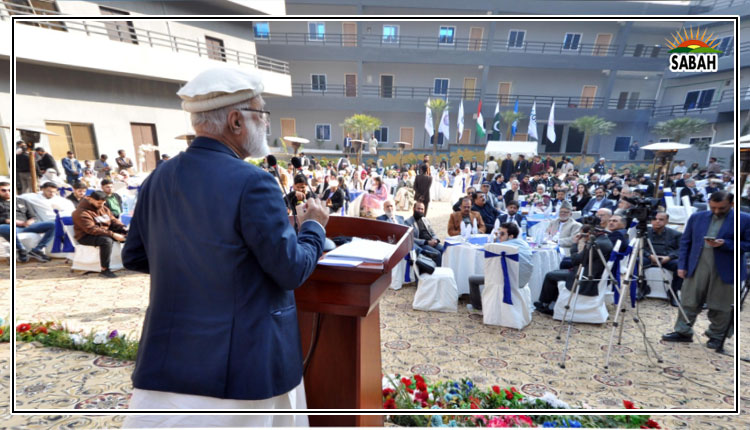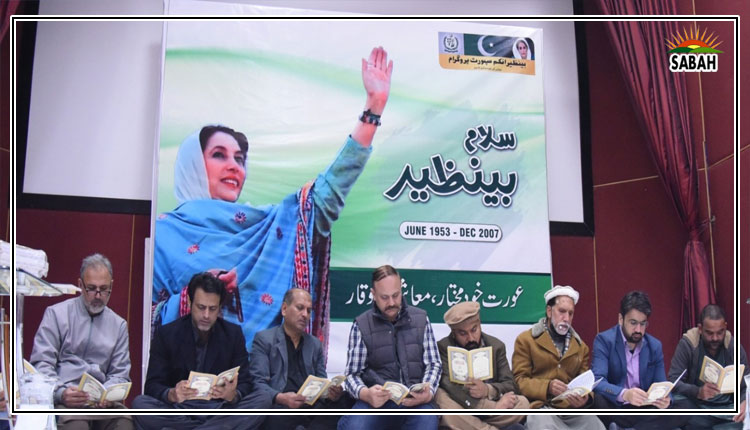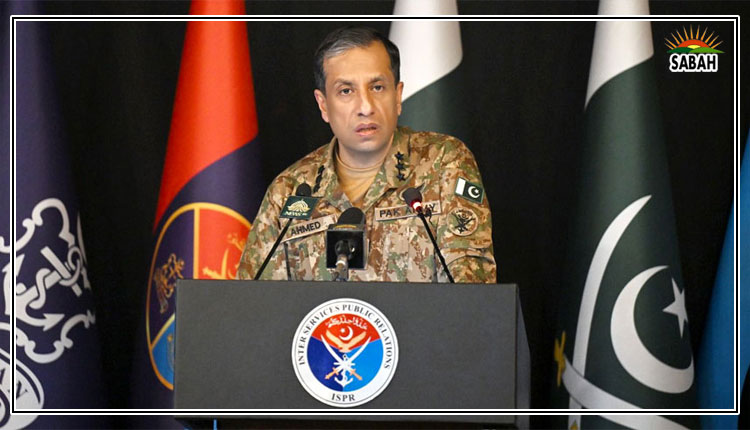Pakistan’s 49.6mln tonnes solid waste potential source of energy, recycling for circular economy: Experts
ISLAMABAD, June 02 (SABAH): Pakistan’s annually generated 49.6 million metric tonnes of solid waste is a potential source of waste-to-energy, resource recovery and recycling to promote the circular economy, simultaneously addressing waste management and livelihood creation.
This was the crux of the consultative workshop on Integrated ‘Solid Waste Management in Pakistan’ organized by the Sustainable Development Policy Institute (SDPI) in collaboration with the Ministry of Climate Change’s Living Indus Initiative.
Speaking on the occasion, Additional Secretary, Ministry of Climate Change and Environmental Coordination, Muhammad Farooq in his opening remarks said waste management was a complex issue that demanded multisectoral and stakeholder interventions to promote workable and bankable projects that not only manage the trash but also generate a separate economy providing livelihoods and green entrepreneurship among the communities. “Pakistan is producing 5 billion plastic bags every year that end up in water bodies, channels, drains and rivers across the country. The federal government has banned the one-time use polythene and plastic bags,” he said.
The Living Indus Initiative is the project of the government of Pakistan to restore and purge the largest river of the country from plastic pollution, contamination, degradation and habitat loss, he added.
Muhammad Farooq said creating synergies under the project was a challenge for the government and it was struggling to get finances as it would require around $6 billion to implement it. He added that the United Nations Environment Programme (UNEP) and Japan International Cooperation Agency (JICA) have been requested to provide some funding to start the project. “Pakistan has no infrastructure for proper disposal and segregation of waste, whereas two waste-to-energy projects were closed due to lack of segregated waste as currently, the waste generated was mostly wet and kitchen-based,” he said.
Dr. Abid Qaiyum Suleri, Executive Director, SDPI said the forum was convened to provide firsthand knowledge on the integrated waste management landscape in Pakistan, whereas the Institute was a secretariat to alliance on the network for the circular economy and was working out practical suggestions for waste management in the country. He said the SDPI was also part of the network of the Collect and Recycle (CoRE) alliance working on responsible production, use and disposal of waste, particularly plastics.
Dr. Suleri mentioned that amid the prevailing milieu, the stakeholders had identified the problem, awareness and realisation among different actors and stakeholders’ collaboration with a collective will and wisdom existed in the system that demanded mapping out strengths and the missing links for unified effective effort and underscored UNEP and UNRC’s role in terms of knowledge sharing, finances and technology.
Humaira Jahanzeb, Living Indus Initiative Team Lead provided a comprehensive presentation on the project. She said 90% of the country’s population and three-quarters of the economy reside along the Indus River and irrigates 80% of the country’s arable land. “Living Indus Initiative is a collaboration and umbrella initiative of MoCC and the UN. It looks at the ecological restoration of the Indus to bring it back to its original position. It’s a strategy with 25 interventions, that required $11-17 billion over the next 5-15, falling around key thematic areas of governance, pollution, finance, livelihood, awareness and others,” she said.
Dr. Shunichi Honda, Programme Officer, International Environmental Technology Centre, Economy Division, UNEP said the Programme was working on waste management at the global level which was part of every individual’s daily life. He said the UNEP was going to launch the global e-waste monitor that would help guide decision and policy-making initiatives through scientific data, whereas the Asia E-waste monitor was being launched. “Policies on waste management are crucial and we support local and regional governments to build their capacities in this regard and are working with Cambodia, Taiwan, Myanmar, Tanzania, Lesotho, Chile, India, and others to launch national waste management strategies,” he added. Dr. Honda mentioned that the UNEP was working with Pakistan to develop a waste management policy and its implementation plan.
Zainab Naeem, Associate Research Fellow, SDPI said the country was generating around 49.6 million metric tonnes of waste which makes it a priority issue for the government to manage it as a resource. She added that the country had adequate legislation but lacked any national institution to manage waste.
Saadat Ali, Project Procurement International (PPI) said the PPI had developed SOPs for waste management that were never approved by the relevant forum. However, there was an informal industry involved in managing e-waste which was detrimental to ecology and human health, he added. Saadat pointed out that there was a lack of synergy among regulators after the 18th Amendment which was hampering effective implementation.
Rija Tayyab, Roshan Packages Limited said the company was recycling its industrial waste and selling it as raw material for byproducts. She said segregation at source would be ideal to achieve good recycling as access to waste in segregation form hampers better recycling.
Sumera Gul, CEO Akhtar Hameed Khan Foundation said, “Waste collection is not a problem but rather management. The Foundation has introduced the South Asian model that first piloted resource recovery model in 2014 that was scaled up at ten sites which could be replicated under the Living Indus Initiative,” she added.
Waleed Hameed, Eco-recyclers said there is a huge potential and opportunity to work in the recycling of plastics that could be achieved through public-private partnerships among relevant stakeholders.
Zillay Maryam said, “Recycling is expensive and buying waste can’t be feasible, whereas waste management needs to be charged and it can be compensated through tree plantation”.
Sahib Alam, WWF Lahore said the Fund was working with recyclers, manufacturers, communities and others, adding, “Only Lahore city had the infrastructure to collect 60-70% waste whereas the rest lacked any dedicated facility.”
Sajjad Ali Qandeel, PRC said providing awareness to children at the school level and youth mobilization can help reduce waste problems. Manzoor Ahmed, GB RSP said local communities should be taken on board for effective strategies around waste management.



